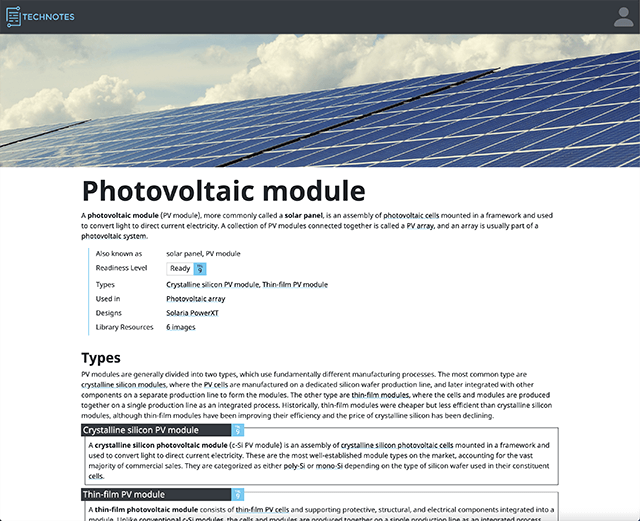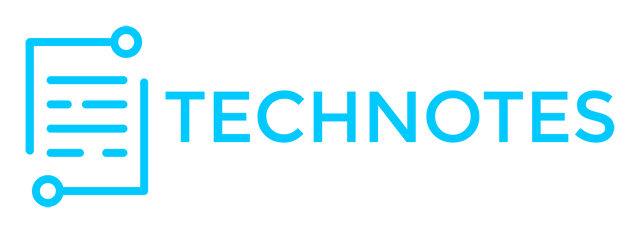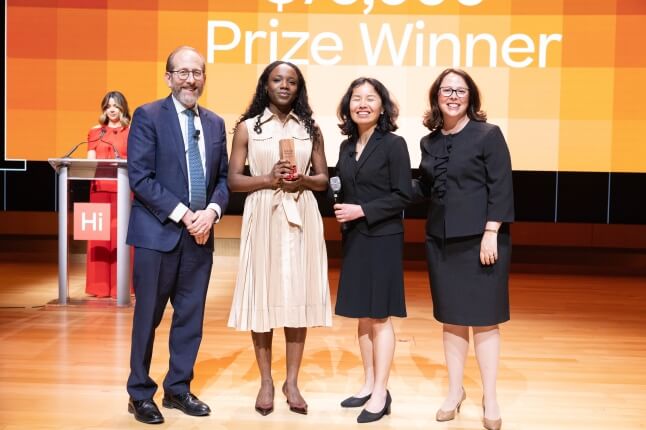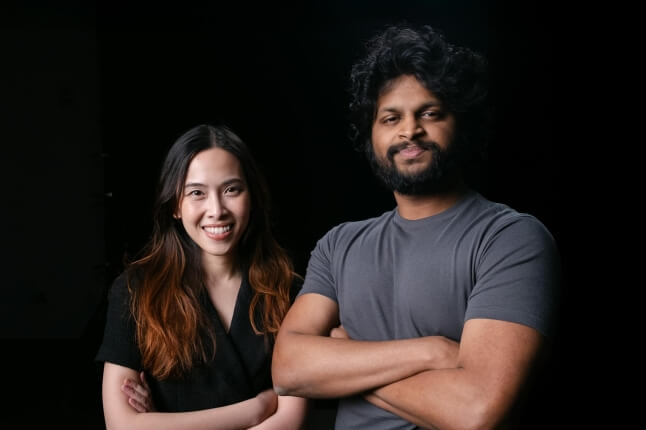News
TechNotes co-founders Joel Krupa (left) and Braden MacDonald
As Joel Krupa conducted research for his Ph.D. at the University of Toronto, drilling down on pragmatic solutions to deploy clean tech in response to climate change, he kept running into the same problem.
“Whenever I was trying to find information on the range of technologies that might be attractive to private sector financiers and public sector entities, it was always locked up in institutional memory or it was really difficult to find and cross-compare,” said Krupa, now a postdoctoral fellow in David Keith’s Research Group at the Harvard John A. Paulson School of Engineering and Applied Sciences (SEAS).
He commiserated with his friend, Braden MacDonald (lead developer of the LabXchange project at Harvard), who had been thinking about a similar problem; no comprehensive resource exists that contains details on specific technologies we would need if that institutional memory were suddenly wiped out.
The friends saw an opportunity to fill that gap.
They launched a startup, TechNotes, that will offer a free, open, and authoritative online repository of technical knowledge. The co-founders have focused on technology related to the clean economy for now, since that is their area of expertise, and plan to incorporate user-submitted content as well as public information from government entities like NASA.
“For now, we want to make a resource that lets people learn about different technologies that are out there and make better decisions about what technologies to use in specific situations, whether to buy versus build, how different components work together, parts that are required, maintenance and life cycle, etc.,” MacDonald said.
While anyone can submit to TechNotes, all information is subject to a review process during which a subject matter expert must sign off on the content before it is posted. In addition to technical summaries, the database will eventually include designs and blueprints.
The TechNotes database will include technical summaries as well as designs and blueprints.
The detailed review process, in which users comment on changes that can be continuously revised before they are accepted, is a unique element of the software that drives TechNotes. The software also organizes content as nodes in a graph database, which enables a user to easily see the relationships between different entries.
“If you are creating an article about a Tesla Model S, for instance, you can say it is a type of electric car and then the software understands the relationships within the database and can immediately tell you that it has an electric motor and a battery, and then you can access information on those technologies, as well,” MacDonald said.
The co-founders are planning to license that unique software to fund TechNotes, which they are determined to offer as a free resource for the public good. Funding is a major challenge for any startup, Krupa said, and the team is relying on advisory services and funding they recently received from the National Resource Council of Canada to develop and deploy their prototype.
They have also been benefitting from support and advice from mentors and fellow founders in the Harvard Innovation Labs, who have helped them contact experts and inspired them with new ideas.
Krupa and MacDonald are currently testing a prototype and plan to launch an early version of the site in June, growing a community and building their database of user-submitted clean tech information. They plan to continue expanding to cover essential technologies where notable gaps exist in the publicly available literature, like biological computing, Krupa said.
For the co-founders, who have been friends for more than 15 years, it has been fun to work on an ambitious project together. The potential of TechNotes to make an impact on the world inspires them to keep pushing forward.
“Now, I’m doing academic research as a postdoc pertaining to the climate problem,” Krupa said. “For me, it is very gratifying to complement that academic emphasis with a parallel focus on a pragmatic solution to a gap that I think is critical to fill if we are going to deal with the problem of climate change as fast as we need to deal with it.”
Topics: Entrepreneurship
Cutting-edge science delivered direct to your inbox.
Join the Harvard SEAS mailing list.
Press Contact
Adam Zewe | 617-496-5878 | azewe@seas.harvard.edu





